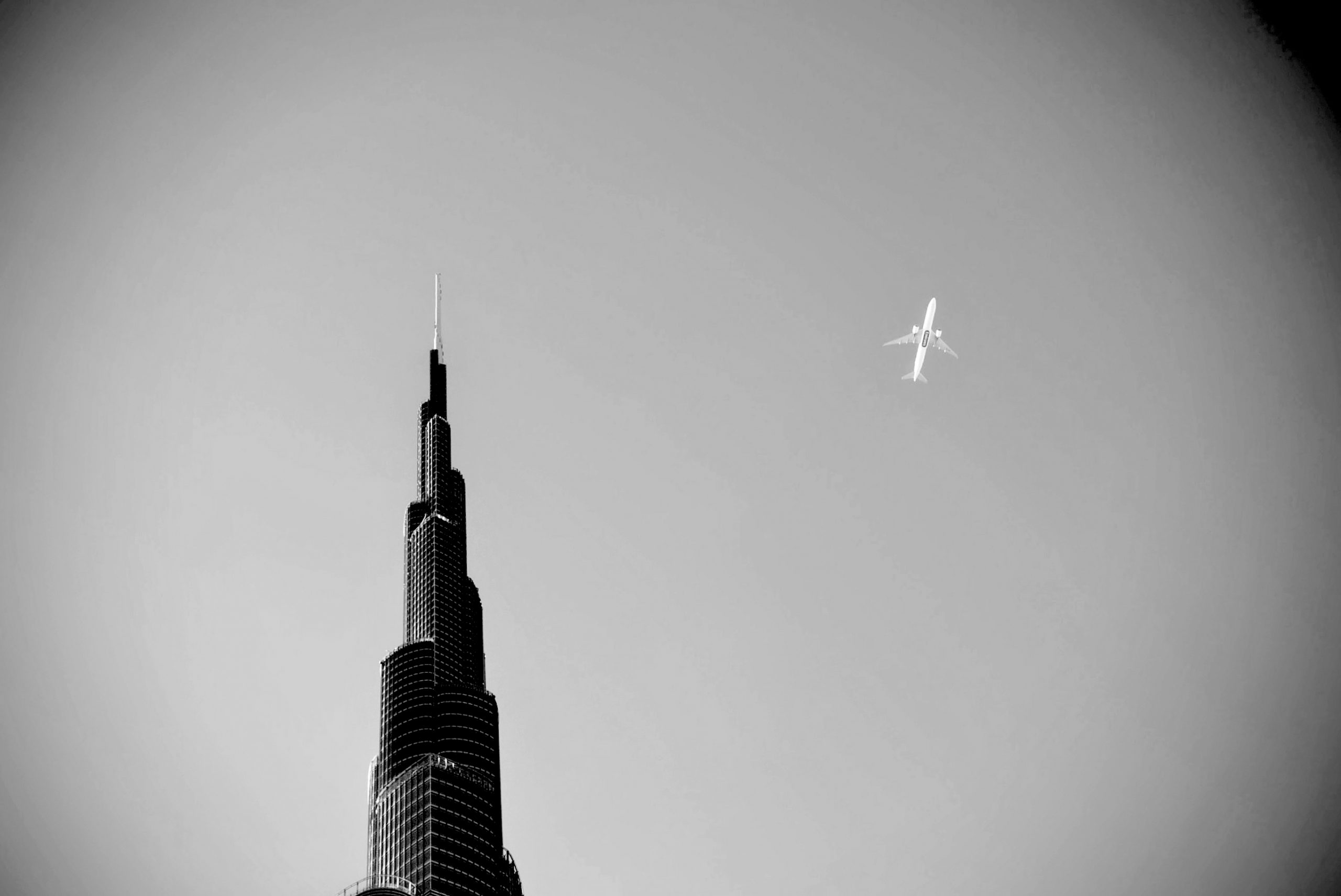Dubai-based Gulf Islamic Investments (GII) acquired a one million square foot Amazon logistics centre in Dortmund, Germany for $144 million. This deal is a testament to the boutique global merchant bank created in Dubai by GII’s co-founder/CEO Pankaj Gupta, who I am honoured to call a friend. I consciously model my own firm Asas Capial on the strategic path laid out by GII and Bahrain’s Investcorp, founded by my Chase Manhattan Bank mentors all those years ago.
GII has evolved into a merchant bank that originates, syndicates and manages complex global property deals for some of the Gulf’s most sophisticated royal, family office and bank investors. Naturally, I feel immensely proud that the firm is based in Dubai. As Dubai becomes the Arabian Gulf’s preeminent private wealth hub, real estate merchant banking will become a stellar growth engine for the emirate.
The Amazon deal offers investors ten year or more in leveraged annual rental yields of 8%. However, there are far higher returns available in the US public industrial REIT market or in Germany’s own Mexico-Poland. For instance, I had recommended America’s preeminent industrial REIT Prologis (PLD) in successive columns in 2016-2017. Prologis returned 28% in 2017, not bad for a liquid stock that my assistant buys for me at a transaction cost of a mere $50 net on the fabulous Interactive Brokers electronic platform! The e-commerce revolution in the Teutonic Fatherland can also be accessed via industrial projects in Poland and the Czech Republic, where leveraged leases for prime tenants can offer 15% net to the investor.
A friend called me to criticise my failure to analyse new supply trends in my take on the Dubai property market in 2018. I concede his point. The proliferation of offplan sales is a critical variable in any valuation paradigm that seeks to model Dubai property prices. It is just that a 750 word column only gives me space for a macro snapshot.
The global property firm JLL estimates 80,000 new units will be added to the Dubai home property market by end 2019. Nakheel and Deyaar alone announced new projects worth AED 4.2 billion at Cityscape 2017. Transaction volume in the secondary markets have plummeted since 2014 since few expat investors have the funds to put down 30–40% of a villa’s value as a down-payment for a bank mortgage plus pay another 5–7% in transaction costs/fees. It is far easier for wannabe property speculators to play Russian roulette with offplan deals, put up only 10% down (50% of which is pocketed by brokers incentivised to hard sell fake dreams!) and take advantage of attractive down-payment plans offered by cash flow stressed private developers. I know of no other segment in the world where the offplan purchase of a golf view villa can net an investor a free Tesla, Lambo or even his own private jet. Fly, Habibi, fly or as Bob Marley would say, no punter, no cry! The economics for client, broker and developer dictate frenzied speculation in offplan new project launches. There is only one problem. If JLL estimates are right, 80,000 new units mean a mother of all oversupply gluts will haunt the market in 2018-19.
There are two problems with this imminent glut. One, unlike 2015-16, rents in villas and apartments in even the ritziest communities have begun to fall at a faster pace than capital values. This suggests both an erosion of rental demand due to systemic job losses and rising desperation by one or two unit landlords to rent space at any price when faced with a spiral in service fees/taxes. In fact, many senior bankers who lost their jobs finance their Dubai lifestyle via rental income alone.
Two, the world is on the eve of a major rise in short term US dollar interest rates as the Federal Reserve tightens monetary policy and slashes $470 billion from its inflated, post-Lehman balance sheet. Since the UAE dirham is pegged to the US dollar, local dirham borrowing rates will rise sharply in 2018. I expect the three month Emirates Interbank Offered Rate (EIBOR) to rise by 150 basis points in the next eighteen months. Since a house/apartment is nothing more than a (depreciating, thus high maintenance cost) long duration brick and mortar bond with a declining coupon (rent), a significant rise in EIBOR means a 20% price fall even if there was no oversupply glut or geopolitical risk. Statistics, like Shakira’s hips, don’t lie!







